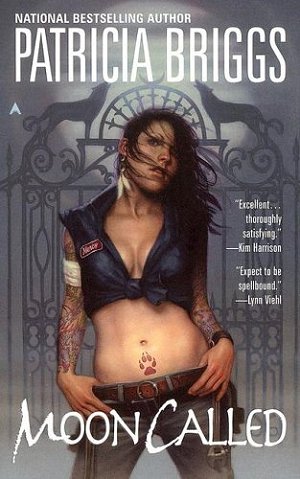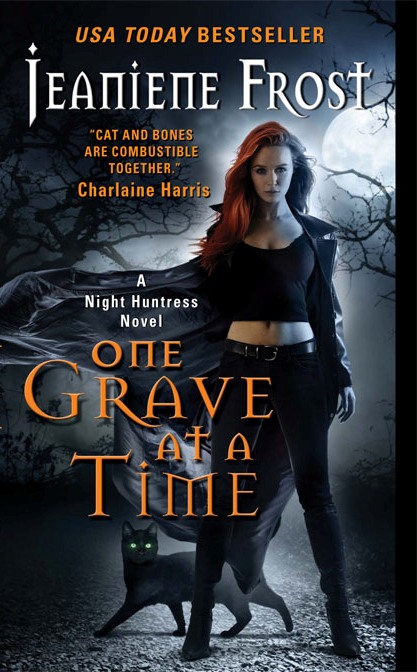I'm currently doing the rewrites on my first Gothic Romance (with paranormal elements) and I'm a ball of nerves. Being someone who loves Dracula, the movie, the series, and the book, I have mixed this adorationg with my slightly sinister side of dark drama to see if I can accomplish a true gothic romance. Lord, what was I thinking?
I actually found a website that tells you things that you have to have to write a gothic novel. I hadn't even thought about it until a fellow gothic writer found one for herself. Yep, you can get almost anything on the internet. Here's what Virtual Salt had on their page
http://www.virtualsalt.com/gothic.htm:
Gothic elements include the following:
1. Setting in a castle. The action takes place in and around an old castle, sometimes seemingly abandoned, sometimes occupied. The castle often contains secret passages, trap doors, secret rooms,trick panels with hidden levers, dark or hidden staircases, and possibly ruined sections.
The castle may be near or connected to caves, which lend their own haunting flavor with their darkness, uneven floors, branchings, claustrophobia, and mystery. And in horror-gothic, caves are often seem home to terrifying creatures such as monsters, or deviant forms of humans: vampires, zombies, wolfmen.
The goal of the dark and mysterious setting is to create a sense of unease and foreboding, contributing toward the atmosphere element.

2. An atmosphere of mystery and suspense.The work is pervaded by a threatening feeling, a fear enhanced by the unknown. This atmosphere is sometimes advanced when characters see only a glimpse of something--was that a person rushing out the window or only the wind blowing a curtain? Is that creaking sound coming from someone's step on the squeaky floor, or only the normal sounds of the night? Often the plot itself is built around a mystery, such as unknown parentage, a disappearance, or some other inexplicable event. People disappear or show up dead inexplicably. Elements 3, 4, and 5 below contribute to this atmosphere.
In modern novels and filmmaking, the inexplicable events are often murders. The bodies are sometimes mutilated in ways that defy explanation--"What kind of monster could do this?" or "Here's the body, but there's no blood." When the corpses start to mount, suspense is raised as to who will get killed next. (In filmmaking, the atmosphere can be created largely by the music. Anyone who has watched a horror movie with the sound off or very low knows this.)
3. An ancient prophecy is connected with the castle or its inhabitants (either former or present). The prophecy is usually obscure, partial, or confusing. "What could it mean?" In more watered down modern examples, this may amount to merely a legend: "It's said that the ghost of old man Krebs still wanders these halls."
4. Omens, portents, visions. A character may have a disturbing dream vision, or some phenomenon may be seen as a portent of coming events. For example, if the statue of the lord of the manor falls over, it may portend his death. In modern fiction, a character might see something (a shadowy figure stabbing another shadowy figure) and think that it was a dream. This might be thought of as an "imitation vision." Sometimes an omen will be used for foreshadowing, while other writers will tweak the reader by denying expectation--what we thought was foreshadowinig wasn't.
5. Supernatural or otherwise inexplicable events. Dramatic, amazing events occur, such as ghosts or giants walking, or inanimate objects (such as a suit of armor or painting) coming to life. In some works, the events are ultimately given a natural explanation, while in others the events are truly supernatural.
6. High, even overwrought emotion. The narration may be highly sentimental, and the characters are often overcome by anger, sorrow, surprise, and especially, terror. Characters suffer from raw nerves and a feeling of impending doom. Crying and emotional speeches are frequent. Breathlessness and panic are common. In the filmed gothic, screaming is common.
7. Women in distress. As an appeal to the pathos and sympathy of the reader, the female characters often face events that leave them fainting, terrified, screaming, and/or sobbing. A lonely, pensive, and oppressed heroine is often the central figure of the novel, so her sufferings are even more pronounced and the focus of attention. The women suffer all the more because they are often abandoned, left alone (either on purpose or by accident), and have no protector at times. (In budget horror-gothic, when the guy tells the girl, "Stay here; I'll be right back," you pretty much know that one of them will soon be dead.)
8. Women threatened by a powerful, impulsive, tyrannical male. One or more male characters has the power, as king, lord of the manor, father, or guardian, to demand that one or more of the female characters do something intolerable. The woman may be commanded to marry someone she does not love (it may even be the powerful male himself), or commit a crime.
9. The metonymy of gloom and horror. Metonymy is a subtype of metaphor, in which something (like rain) is used to stand for something else (like sorrow). For example, the film industry likes to use metonymy as a quick shorthand, so we often notice that it is raining in funeral scenes. Note that the following metonymies for "doom and gloom" all suggest some element of mystery, danger, or the supernatural.
| wind, especially howling | rain, especially blowing |
| doors grating on rusty hinges | sighs, moans, howls, eerie sounds |
| footsteps approaching | clanking chains |
| lights in abandoned rooms | gusts of wind blowing out lights |
| characters trapped in a room | doors suddenly slamming shut |
| ruins of buildings | baying of distant dogs (or wolves?) |
| thunder and lightning | crazed laughter |
10. The vocabulary of the gothic. The constant use of the appropriate vocabulary set creates the atmosphere of the gothic. Using the right words maintains the dark-and-stimulated feel that defines the gothic. Here as an example are some of the words (in several categories) that help make up the vocabulary of the gothic in The Castle of Otranto:
Mystery
| diabolical, enchantment, ghost, goblins, haunted, infernal, magic, magician, miracle, necromancer, omens, ominous, portent, preternatural, prodigy, prophecy, secret, sorcerer, spectre, spirits, strangeness, talisman, vision |
Fear, Terror, or Sorrow
| afflicted, affliction, agony, anguish, apprehensions, apprehensive, commiseration, concern, despair, dismal, dismay, dread, dreaded, dreading, fearing, frantic, fright, frightened, grief, hopeless, horrid, horror, lamentable, melancholy, miserable, mournfully, panic, sadly, scared, shrieks, sorrow, sympathy, tears, terrible, terrified, terror, unhappy, wretched |
Surprise
| alarm, amazement, astonished, astonishment, shocking, staring, surprise, surprised, thunderstruck, wonder |
Haste
| anxious, breathless, flight, frantic, hastened, hastily, impatience, impatient, impatiently, impetuosity, precipitately, running, sudden, suddenly |
Anger
| anger, angrily, choler, enraged, furious, fury, incense, incensed, provoked, rage, raving, resentment, temper, wrath, wrathful, wrathfully |
Largeness
| enormous, gigantic, giant, large, tremendous, vast |
| Darkness | dark, darkness, dismal, shaded, black, night |
Well, back to the drawing board as I "vamp" my newest baby into gothic condition. I'll see you guys next Moanday and I hope this was helpful/educational for you.
)))Corset Hugs(((
Ginny Lynn
Wench Writer










.jpg)






